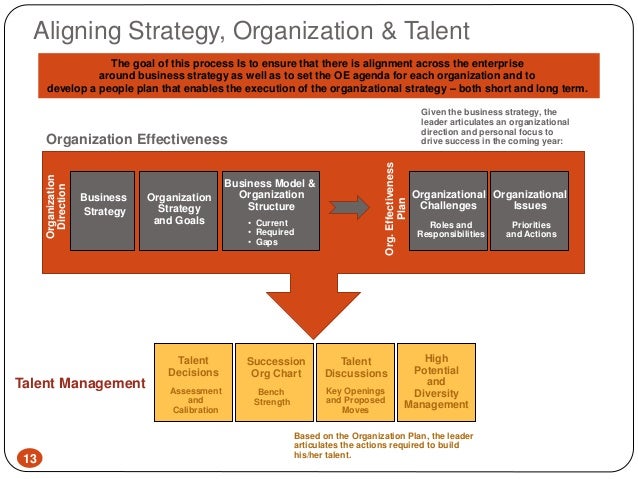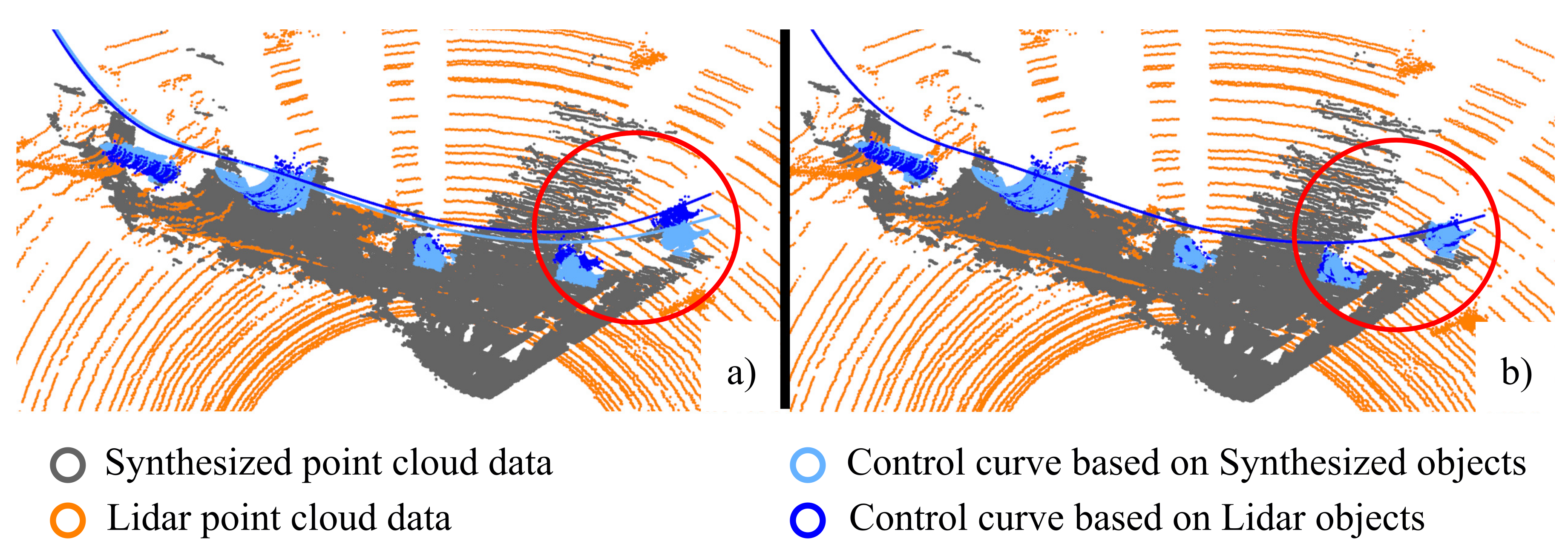

Later on in field life, it becomes more important to justify the expense of the data. In the early stage of field life, the value of information is enormous the data are essential for reservoir evaluation. Obtaining data in an oil field environment is expensive therefore, it is necessary to justify the economics of gathering the information. Good data management can make all the difference between a project that is well organized and effective, and one that is disorganized and inefficient. Data files stored on a computer should be labeled with the originator's initials, a date, and some idea of the significance of the data, e.g., "MS August 31, 2008, final top reservoir depth map." Well files should be compiled with all the available data collected on a well-by-well basis. There is an obligation to take good care of the data and to make sure that the information is accessible, either as well-organized paper data files or as data on a computer shared drive.

For instance, core taken from a drilling operation on an offshore drilling rig may have cost more than a million dollars to recover. Much of the data will have been expensive to acquire, particularly if obtained from wells offshore. A large amount of data is available to the production geologist for reservoir evaluation.


 0 kommentar(er)
0 kommentar(er)
